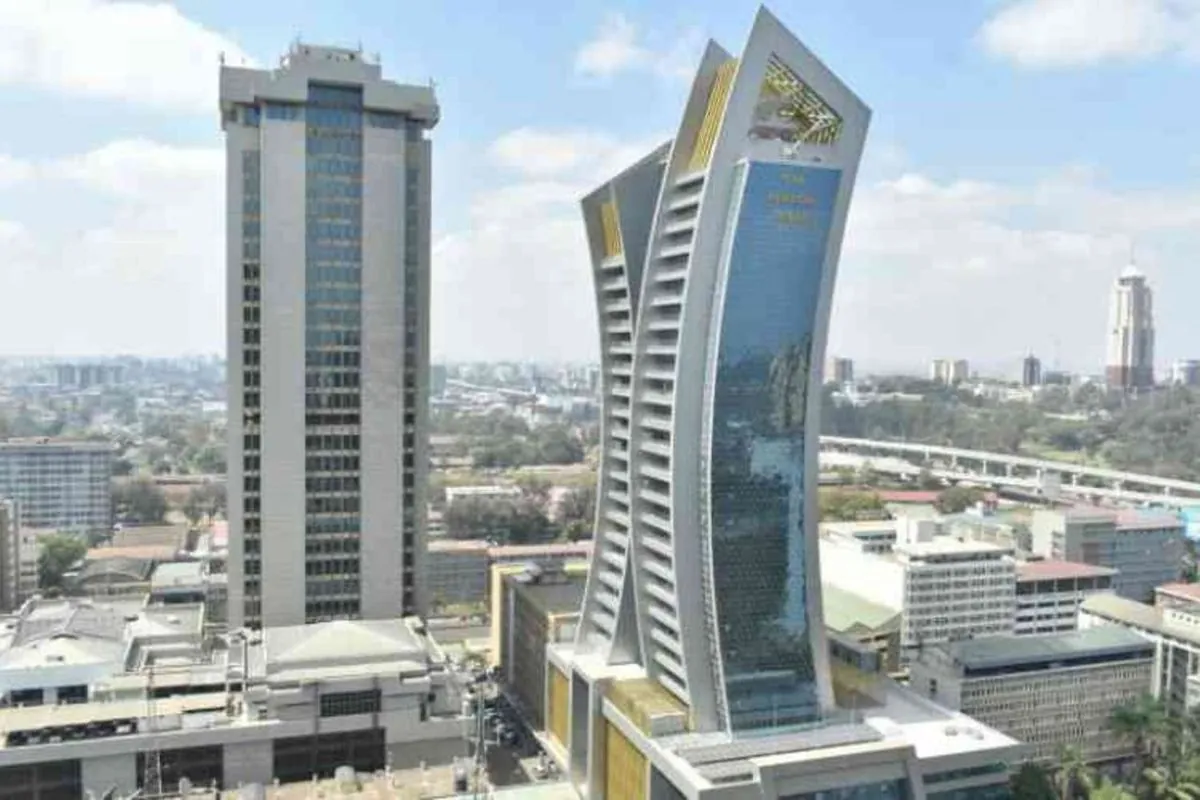About six years ago on a chilly november evening‚ Nairobis elite gathered at a fancy new building on Riverside Drive. The event marked BBCs biggest-ever expansion outside the UK (with its shiny £289-million price-tag) aimed at fighting fake-news across Africa
The mega-project started well – BBCs new east-african hub hired 300 staff in Nairobi and another 300 across the continent: but things went south real quick. Just four years in BBC had to cut almost 400 jobs and reduce its foreign-language programs because of money issues; this move left a big hole that other countries media quickly filled
Chinese state media jumped right in with deep pockets and a clear plan. Yusuf Hassan Abdi‚ a Kenyan MP and ex-BBC worker points out: “If you look around African towns today people are watching Chinese TV instead of BBC.“ The numbers tell the story - Chinaʼs Xinhua news now has 37 offices in Africa and employs 500 people just in Kenya (including some ex-BBC staff)
The problems started when UK government moved BBC World Service funding from Foreign Office to BBC itself. Then came a two-year license fee freeze in jan-2022 which hit hard‚ forcing BBC to switch from radio to digital – a move that doesnt make sense in places where internet access is limited
The BBC is one of the most important brands Britain has. Yet because of some small avoidable cuts you are destroying something of great value
Local journalists who lost their jobs blame both UK government and BBC management. Peter Wakaba‚ who worked at BBCs business desk says the expansion wasnt planned well: they spent lots on new programs but not enough on competitive salaries which led to mixed quality content
